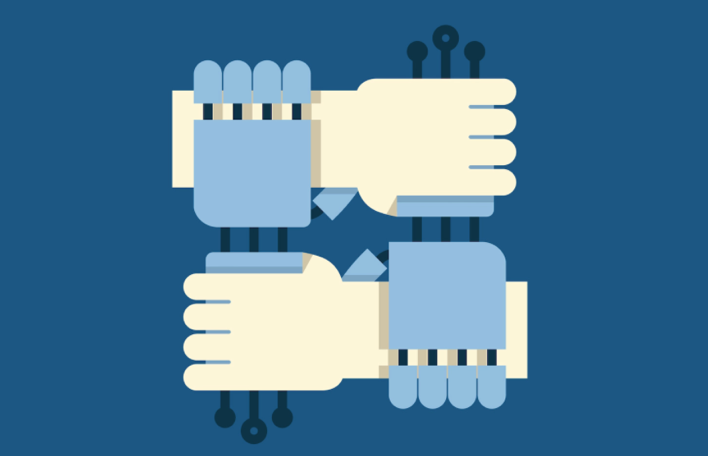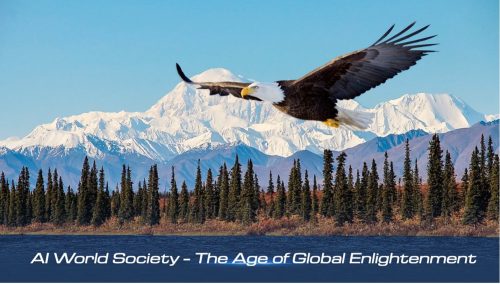In today’s digital age, artificial intelligence (AI) and machine learning (ML) are emerging everywhere: facial recognition algorithms, pandemic outbreak detection and mitigation, access to credit, and healthcare are just a few examples. But, do these technologies that mirror human intelligence and predict real-life outcomes build a consensus with human ethics? Can we create regulatory practices and new norms when it comes to AI? Beyond everything, how can we take out the best of AI and mitigate the potential ill effects? We are in hot pursuit of the answers.
AI/ML technologies come with their share of challenges. Globally leading brands such as Amazon, Apple, Google, and Facebook have been accused of bias in their AI algorithms. For instance, when Apple introduced Apple Card, its users noticed that women were offered smaller lines of credit than men. This bias seriously affected the global reputation of Apple.
In an extreme case with serious repercussions, U.S. judicial systems use AI algorithms to declare prison sentences and parole terms. Unfortunately, these AI systems are built on historically biased crime data, amplifying and perpetuating embedded biases in AI systems. Ultimately, this leads to questioning the fairness offered by the ML algorithms in the criminal justice system.
The original article was published here.
The Boston Global Forum (BGF), in collaboration with the United Nations Centennial Initiative, released a major work entitled Remaking the World – Toward an Age of Global Enlightenment. More than twenty distinguished leaders, scholars, analysts, and thinkers put forth unprecedented approaches to the challenges before us. These include President of the European Commission Ursula von der Leyen, Governor Michael Dukakis, Father of Internet Vint Cerf, Former Secretary of Defense Ash Carter, Harvard University Professors Joseph Nye and Thomas Patterson, MIT Professors Nazli Choucri and Alex ‘Sandy’ Pentland, and European Parliament Member Eva Kaili. The BGF introduced core concepts shaping pathbreaking international initiatives, notably, the Social Contract for the AI Age, an AI International Accord, the Global Alliance for Digital Governance, the AI World Society (AIWS) Ecosystem, and AIWS City.











